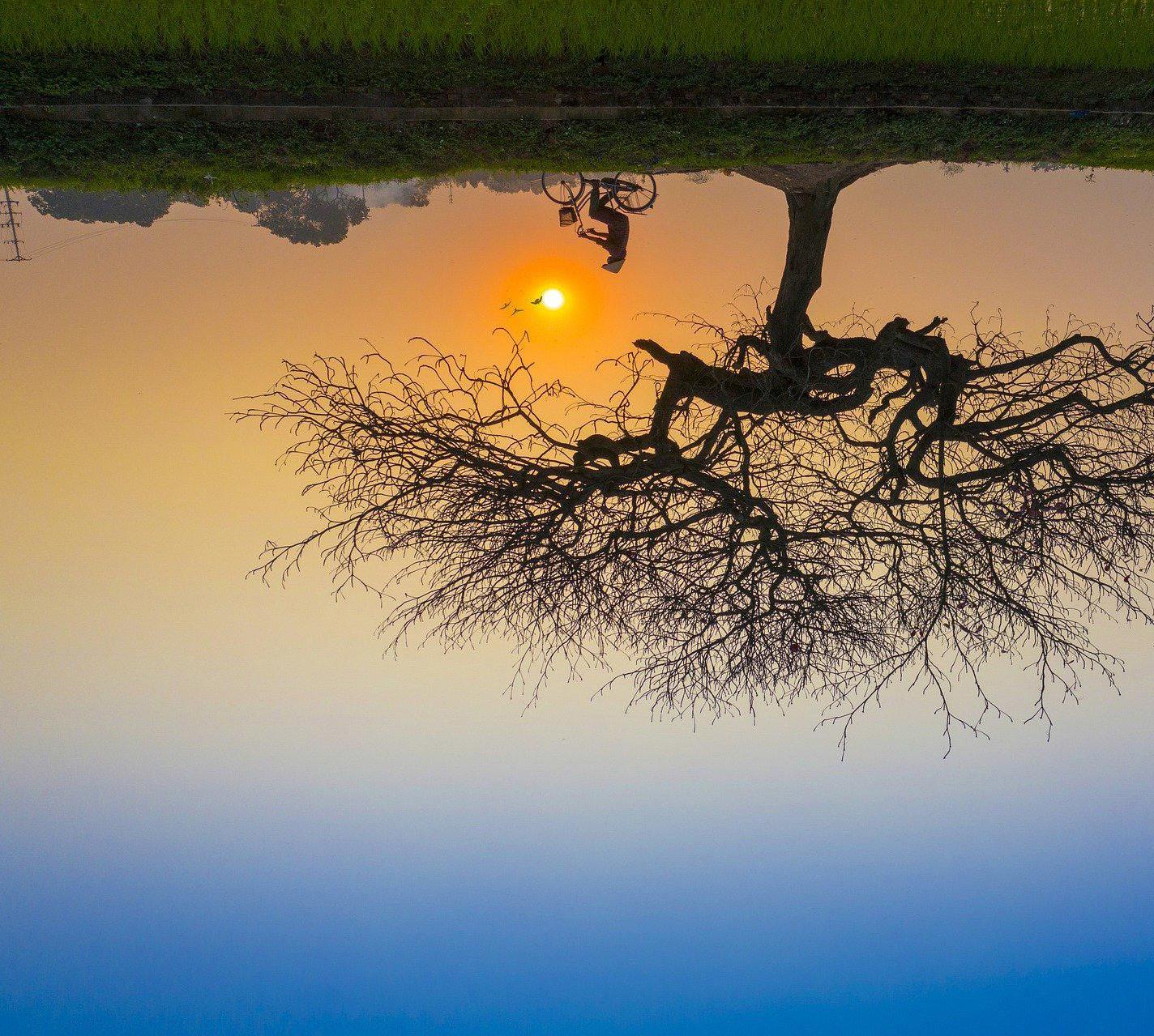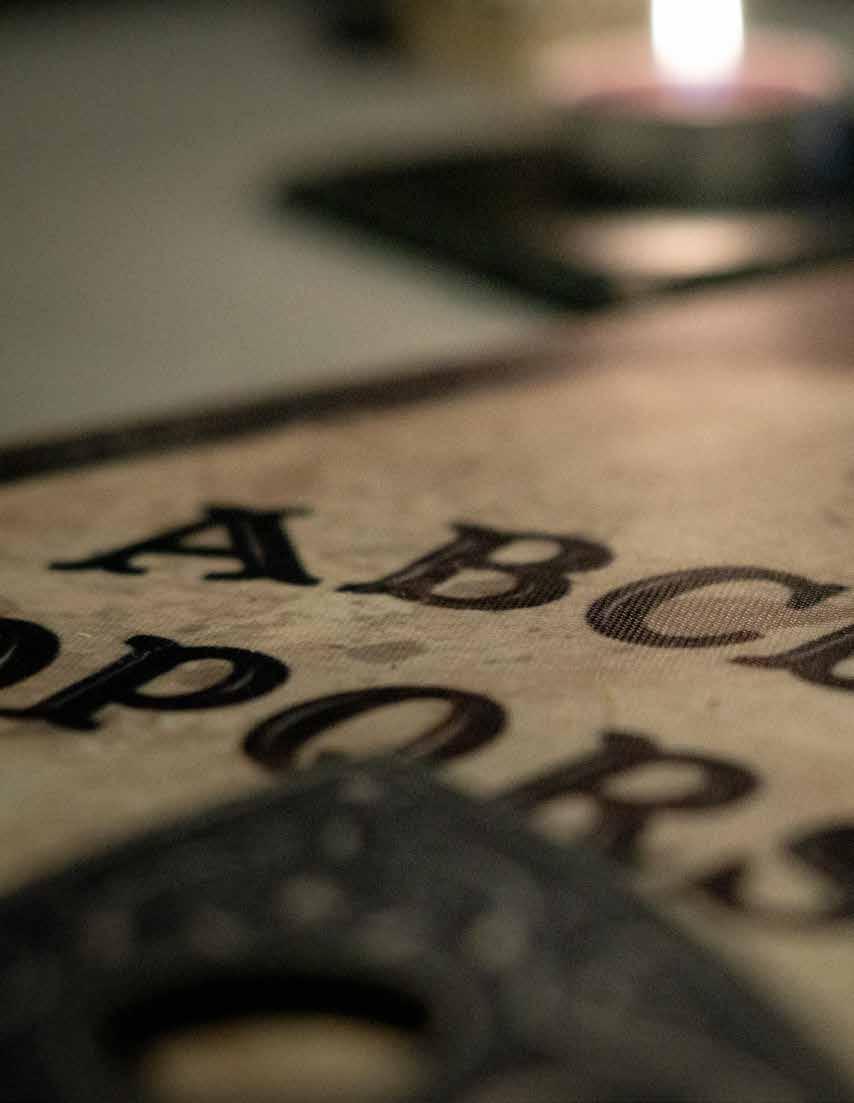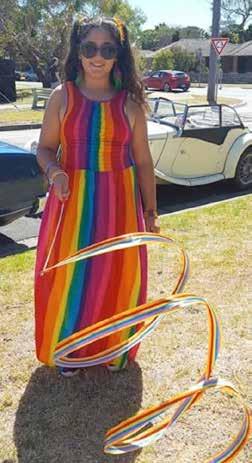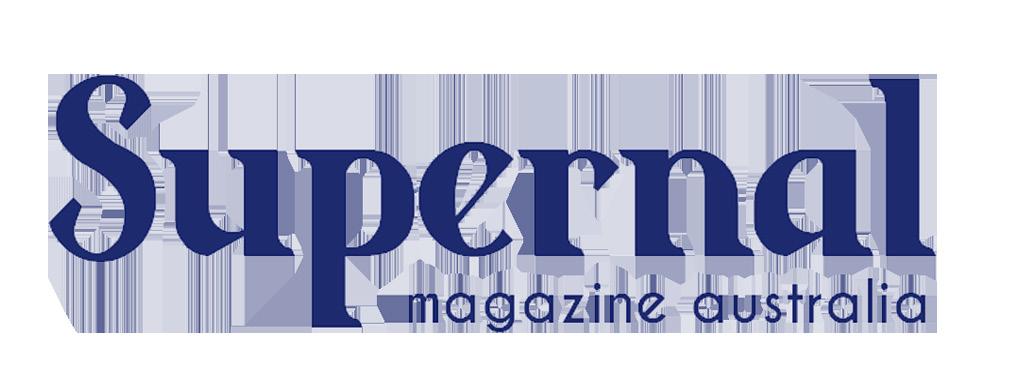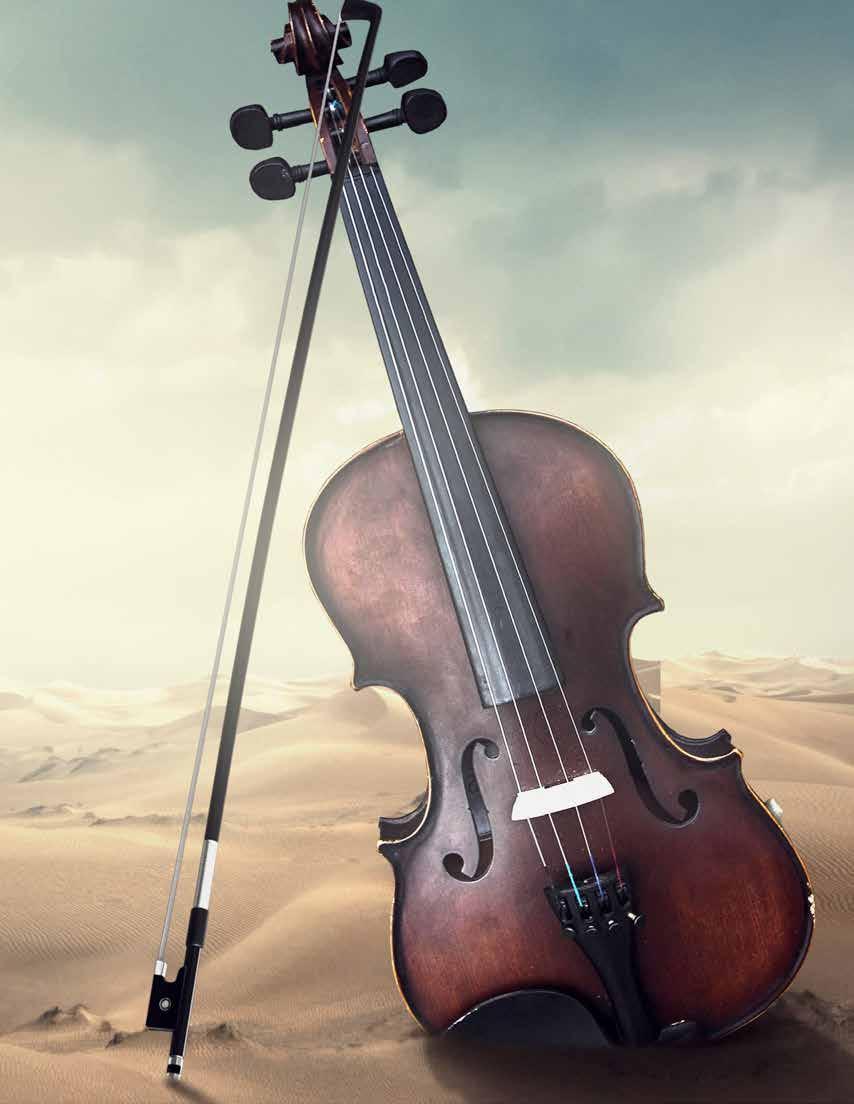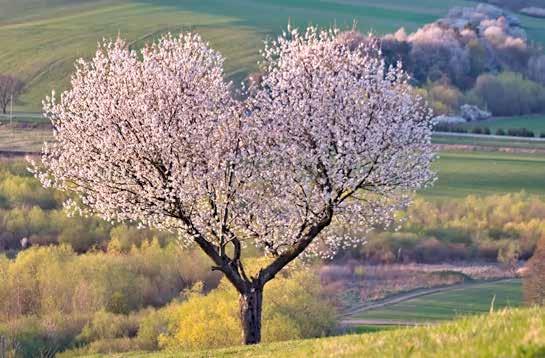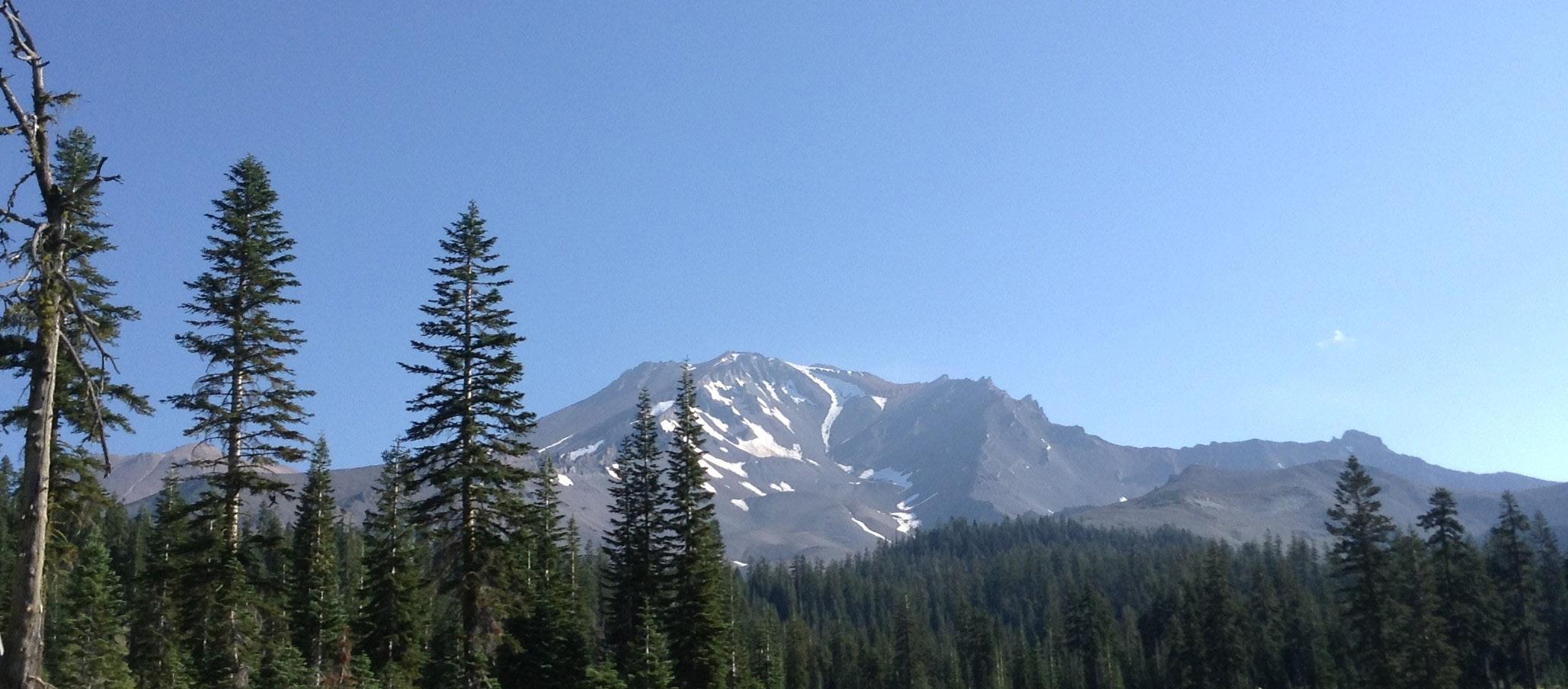
4 minute read
Reflections
Paranormal Vs Science
by Jane Offer
The mind, like an umbrella, is only useful when it’s open! Some years ago, in the early 2000s, David and I were invited to participate in a UK TV show about energy healing. At a time when healing was still regarded by many as charlatanism and in the realms of the paranormal. The presenter, Robert Kilroy Silk, a previous university lecturer, politician and now broadcaster, was known for his radical and controversial views, so it was no surprise that the conversation on the day became somewhat heated. There was a fair division amongst the participants of practising healers, people who had benefited from healing, doctors and those who poo-pooed the very idea. Several guests told of their positive result from healing, including one lady who was there with her doctor. The doctor confirmed that her patient had a form of deafness, for which there was no medical help, yet after a couple of healing sessions, she could hear clearly. The doctor could only conclude that the recovery was as a result of the healing she received.
At this point, a young man became very angry, saying it was all nonsense and was a placebo effect. He also said that he was working with James Randi, an American millionaire who had offered to pay one million US dollars to anyone who could demonstrate supernatural or ‘paranormal’ ability under agreed-upon scientific testing criteria. During the break, the same young man was haranguing one of the healers, bringing her near to tears. David went over to intervene and told him that the evidence was there and, irrespective of how it works, and the deaf lady was living proof, endorsed by her doctor. He added that healers were not interested in proving their ability, only in using it in good faith. The young man left.
The word ‘paranormal’ is made up of para, the Greek word meaning beyond or apart from and normal. The definition implies that the scientific explanation of the world around us is ‘normal’ and anything that is above, beyond, or contrary to that, is to be discounted.
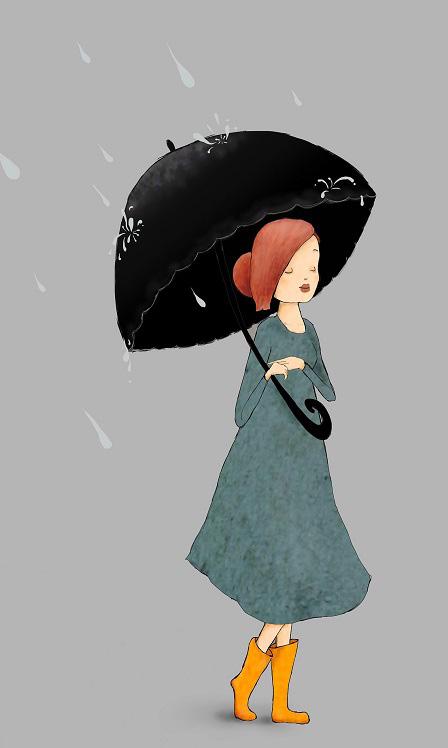
But can we discount it? We have all had a situation in our life that appears to be coincidental; thinking of a person and then meeting them ‘by chance’; randomly hearing a favourite song of a loved one who has passed, we may even have seen a ghost. These events occur with such regularity and to so many that they cannot be discounted. Therefore, the paranormal, like all knowledge and beliefs, including science, should be approached with a mind open to enquiry – it should acknowledge, evolve and embrace. Since the 1960s, there has been an upsurge of interest in the ‘beyond normal’, which has been referred to as the ‘Re-enchantment of the West’ by Christopher Hugh Partridge*. He believes this accounts for western cultures becoming interested in yoga, Buddhism, crystals and spiritually based teachings and that the decline in organised religion has led to a fascination with fantasy series such as Harry Potter, Outlander, Lord of the Rings and Game of Thrones.
So, there is a rigid dichotomy between science and metaphysics; science will only accept that which is provable within a set methodology yet more and more people seem to want a spiritual understanding of the world and our place in it.
They want to know that their loved one has survived in some form beyond physical death; it gives them comfort and also a purpose for life itself – their life. Some people drop their arrogance of believing this is the only planet in the whole of creation that can sustain life and open their mind to infinite possibilities.
The debate about the paranormal has led researchers to contend that thinking differently about, and not judging, paranormal claims can yield valuable insights. Should we discount an experience because it’s out of the ordinary and strange? I don’t think we can; ignoring the odd and unexplained has already prevented us from understanding so much of human experience. We need to question, explore and realise that such information will give us insights into issues around community, belief, tradition and knowledge.
So, let us open our mind to all possibilities and evolve as a result!
*Christopher Hugh Partridge: Author, Editor, Professor at Lancaster University and Founder of the Centre for the Study of Religion and Popular Culture.
Jane Offer


